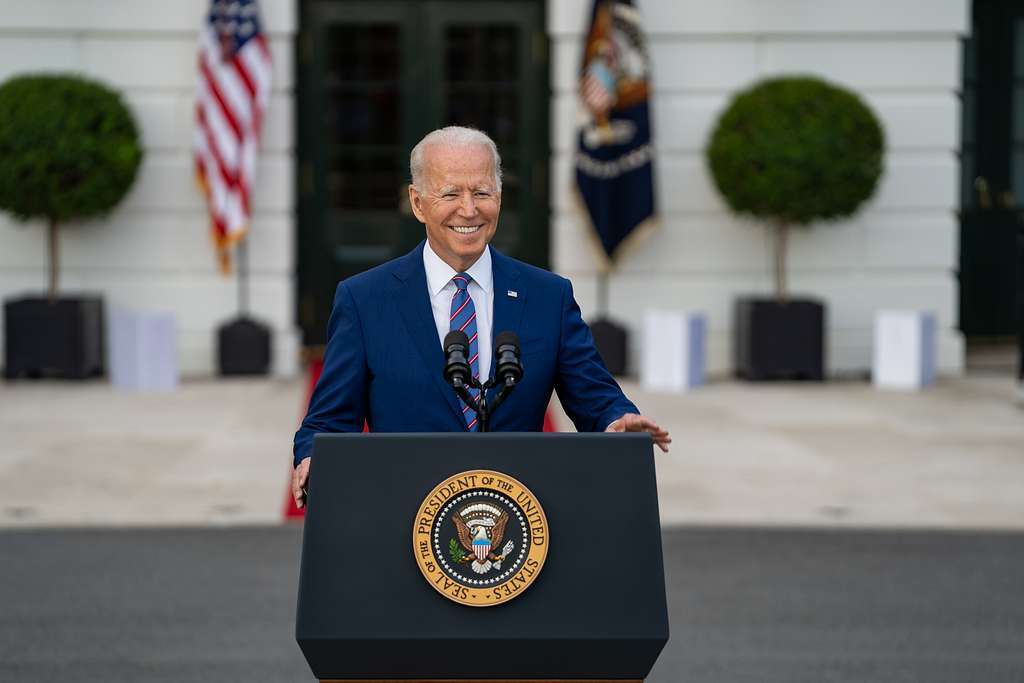Capitol Correspondence - 07.19.21
Big Picture: Counties Use COVID-19 Funding to Remedy Broadband Disparities
Share this page
Stay Informed on the Latest Research & Analysis from ANCOR
More News
Capitol Correspondence - 04.23.24
White House Marks Anniversary of Executive Order on Care with Focus on Workforce Support
Stateside Report - 04.22.24
Stateside Report: April 22, 2024

Capitol Correspondence - 04.16.24
President Biden Hosts Convening on Care, Commits to Investments

